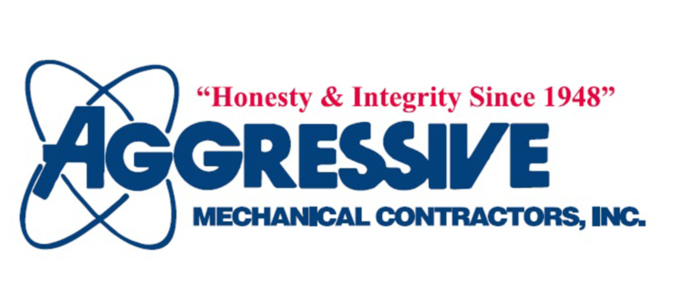
Ever done a double take when you viewed your last energy bill? Although high energy bills can be the end result of severe weather events, persistently high bills can often indicate an inefficient HVAC system or your home is misusing energy through other means, such as drafty windows or inadequate insulation.
An easy way to identify whether your home is using too much energy is by getting a home service professional to carry out a home energy audit, also called a home energy assessment. Keep reading to learn all about home energy audits, including what they are and their key elements.
What Is a Home Energy Audit?
An energy audit is a comprehensive inspection of how much energy your home uses up and whether – and where – your home could be losing or wasting energy. An inspector will go through past energy bills during an energy audit to figure out where energy is being wasted and how much.
The overall goal of an energy audit is to help homeowners save money on their energy bills by recommending energy-efficient improvements, which can include exchanging your existing HVAC system, putting in new insulation, closing up leaks, or replacing old windows.
Over the course of the energy assessment, the auditor performs an inspection of the outside and inside of your home. The auditor will perform a blower door test on doorways, windows and fireplaces to find out if there are air leaks in your home. They’ll also check your home’s HVAC system, which also includes the ductwork, the water heater, and the insulation in your attic. Some assessments might also include checking your current lighting system.
Benefits of a Home Energy Audit
It can be hard for the typical homeowner to know for sure how efficient their home is versus other similar homes in their area. However, lots of energy companies often supply information about where your home is ranked when compared with similar homes and whether it’s more efficient, about average, or inefficient in contrast with your neighbors’ homes. This could be a great starting point to determine if you need an energy audit completed.
Several of the benefits of a home energy audit include:
Understanding How Efficient Your Home Is
It’s beneficial to learn more about how efficient your home is and where you’re consuming the most energy. For example, if your ducts are damaged, it will cause a significant increase in your energy bills and additional wear and tear on your HVAC system since it has to run longer to properly heat or cool your home.
Making Energy-Efficient Upgrades
An energy audit can expose where you need to make energy-efficient changes to save on energy and reduce utility bills. This can include replacing worn-down weatherstripping or getting a new energy-efficient furnace.
Enhancing Health and Safety
Enabling air to seep into your home via doors and windows, or as a result of a lack of insulation can cause excessive moisture to form, which can negatively impact your home’s humidity levels or encourage mold. This can lead to health problems, especially for people who have asthma or allergies.
Raising Your Home’s Retail Value
Energy-efficient homes are desired by homebuyers. You can sell your home much faster or for more money by showing possible buyers that it’s energy efficient.
How to Perform an Energy Audit of Your Home
Although handling an energy audit by yourself might not be as thorough as hiring a professional, it’ll give you a generalized sense of how energy efficient your home is. If you don’t discover any problems during the DIY test, then you likely don’t need to hire a professional. Follow this step-by-step checklist:
- Review your HVAC system. Leaky ducts can lose as much as 20% of conditioned air, leading to more expensive energy bills and increased wear and tear on HVAC equipment. If you discover leaks, use duct tape to plug them. If your HVAC equipment is old and inefficient, upgrading to a new system can save you a substantial amount on your energy bills. In some cases, it might be better to hire a reputable HVAC company to inspect your system.
- Check for air leaks. Air leaks on average can increase the energy bills by 10 to 20%. Inside, look for air leaks in areas where you can find a draft, like along the edge of flooring and near baseboards and electrical outlets. Outside, you can inspect for air leaks in the home’s foundation, siding and mortar. Plug, caulk or seal any air leaks to save money.
- Inspect insulation. If your home is older, it could mean your insulation is too. If you can see the joists, you likely need more insulation.
- Check the ventilation. Make sure that all of your kitchen and bathroom exhaust fans are working properly, and inspect for evidence of rot or moisture.
Contact Aggressive Mechanical for a Professional Energy Audit
If you are interested in professional help finding out how energy efficient your heating and cooling equipment is, contact the HVAC pros at Aggressive Mechanical today. We’ve proudly supported the residents of Neptune City with quality home services for years. Contact us today to set up an appointment.
